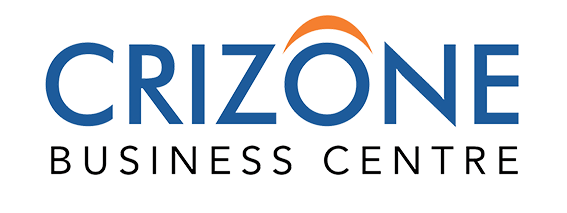Introduction
Selecting the perfect coworking space is crucial for fostering a productive and conducive environment that aligns with your startup’s goals and culture. This guide provides a detailed roadmap to help you navigate through the numerous considerations and ensure you make an informed decision.
Step-by-Step Guide to Evaluating Coworking Spaces
1. Define Your Budget
Start by defining your financial limits, considering not only the base rent but also additional costs like utilities, amenities, and possible increases in the future. This will help you narrow down your choices to those within your financial reach.
2. Assess Team Needs
Evaluate the specific needs of your team including space requirements, essential equipment, and necessary collaboration tools. This ensures the space supports your team’s daily operations and productivity.
3. Consider Location
The location of the coworking space should be convenient for all team members, with good accessibility and close proximity to public transportation, cafes, and possibly even clients.
4. Evaluate Amenities
Essential amenities can significantly enhance work efficiency. Look for high-speed internet, adequate meeting rooms, printing facilities, and kitchen areas. These amenities contribute to a seamless work experience.
5. Explore Flexibility Options
As startups often experience rapid changes, choosing a coworking space with flexible lease terms is critical. This flexibility will allow you to adapt to changes in your startup’s size and needs without heavy penalties.
6. Check Community Atmosphere
The community within a coworking space can offer networking opportunities and foster potential partnerships. A collaborative and supportive atmosphere is beneficial for growth and innovation.
7. Ensure Tech Compatibility
Verify that the coworking space supports essential remote work tools and technologies, such as reliable internet connections and video conferencing facilities, to maintain productivity and connectivity.
8. Prioritize Comfort and Productivity
The physical environment should promote productivity. Features like natural lighting, ergonomic furniture, quiet work areas, and a pleasing aesthetic can greatly affect daily work motivation and efficiency.
9. Review Security Measures
For startups handling sensitive information, security is paramount. Ensure that the coworking space has secure access, data protection measures, and complies with any relevant legal or regulatory standards.
10. Seek Feedback
Gather insights from other startups or freelancers who have used the spaces. Their experiences can highlight potential benefits or drawbacks and influence your decision.
11. Examine Lease Terms
Scrutinize the lease for hidden costs or restrictive clauses that could limit your startup’s operational flexibility or future growth options.
12. Understand Community Policies
Ensure that the coworking space’s community policies align with your company’s culture and values, fostering a harmonious working environment.
13. Tour Multiple Spaces
Visiting various coworking spaces gives you a better feel for the environment and facilities, allowing you to compare and contrast different options effectively.
14. Future Expansion Plans
Consider whether the coworking space can accommodate your startup’s growth. Look for options that offer scalability in terms of space and resources.
15. Finalize with a Checklist
Create a tailored checklist based on your specific needs and preferences to systematically evaluate each space and assist in the decision-making process.
Conclusion
By meticulously considering each of these factors, you can select a coworking space that not only meets the immediate needs of your startup but also supports its long-term growth and success. The right space will enhance productivity, foster community, and provide the flexibility your startup needs to thrive.

